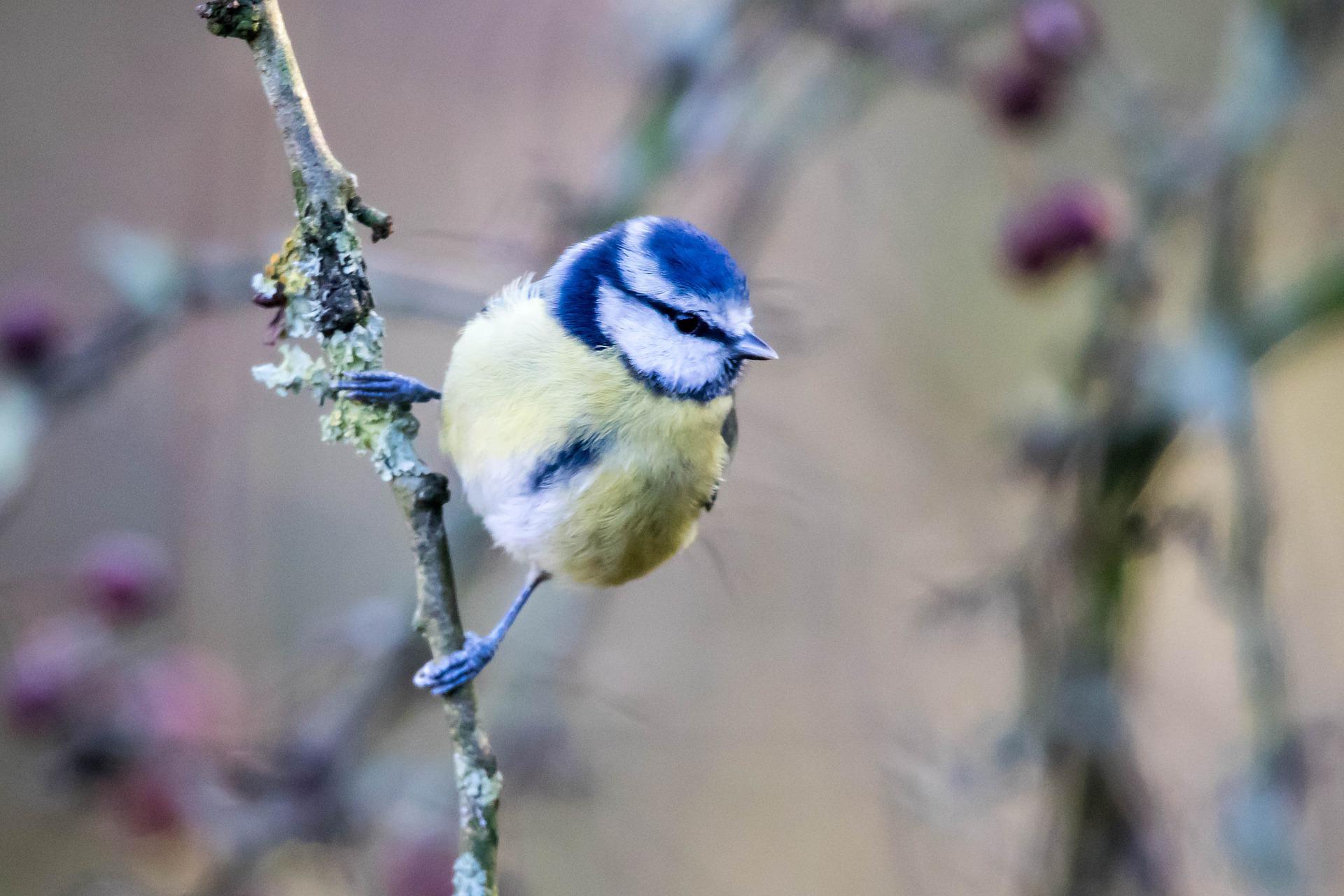
ΑΙhub.org
AI-powered BirdNET app makes citizen science easier

By Pat Leonard
The BirdNET app, a free machine-learning powered tool that can identify more than 3,000 birds by sound alone, generates reliable scientific data and makes it easier for people to contribute citizen-science data on birds by simply recording sounds, according to new Cornell research.
“The most exciting part of this work is how simple it is for people to participate in bird research and conservation,” said Connor Wood, research associate in the K. Lisa Yang Center for Conservation Bioacoustics at the Cornell Lab of Ornithology and lead author of The Machine Learning-Powered BirdNET App Reduces Barriers to Global Bird Research by Enabling Citizen Science Participation, which was published on 28 June in PLOS Biology.
“You don’t need to know anything about birds, you just need a smartphone, and the BirdNET app can then provide both you and the research team with a prediction for what bird you’ve heard,” Wood said. “This has led to tremendous participation worldwide, which translates to an incredible wealth of data. It’s really a testament to an enthusiasm for birds that unites people from all walks of life.”
The study suggests that the BirdNET app lowers the barrier to citizen science because it doesn’t require bird-identification skills. Users simply listen for birds and tap the app to record. BirdNET uses artificial intelligence to automatically identify the species by sound and captures the recording for use in research.
“Our guiding design principles were that we needed an accurate algorithm and a simple user interface,” said study co-author Stefan Kahl in the Yang Center at the Cornell Lab of Ornithology, who led the technical development. “Otherwise, users would not return to the app.”
The results exceeded expectations: Since its launch in 2018, more than 2.2 million people have contributed data.
To test whether the app could generate reliable scientific data, the authors selected four test cases in the United States and Europe in which conventional research had already provided robust answers. Their study shows, for example, that BirdNET app data successfully replicated the known distribution pattern of song-types among white-throated sparrows, and the seasonal and migratory ranges of the brown thrasher.
Validating the reliability of the app data for research purposes was the first step in what the authors hope will be a long-term, global research effort – not just for birds, but ultimately for all wildlife and even entire soundscapes. The app is available for both iOS and Android platforms.
The BirdNET app is part of the Cornell Lab of Ornithology’s suite of tools, including the educational Merlin Bird ID app and citizen-science apps eBird, NestWatch and Project FeederWatch, which together have generated more than 1 billion bird observations, sounds and photos from participants around the world for use in science and conservation.
This project was supported by Jake Holshuh, the Arthur Vining Davis Foundations, European Union, European Social Fund for Germany and German Federal Ministry of Education and Research.
Find out more about the app in this Q&A with BirdNET developer Stefan Kahl.
tags: Focus on life on land, Focus on UN SDGs









